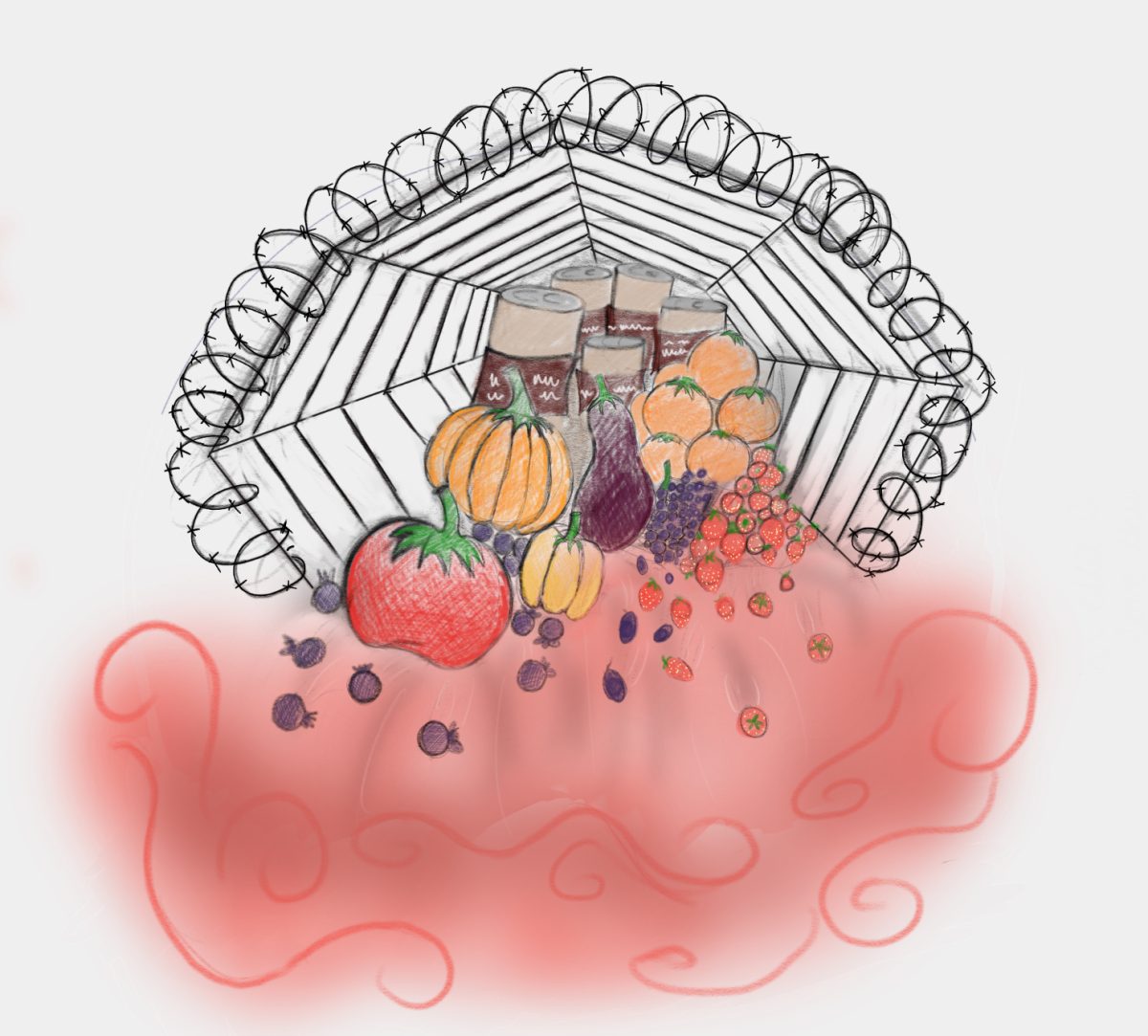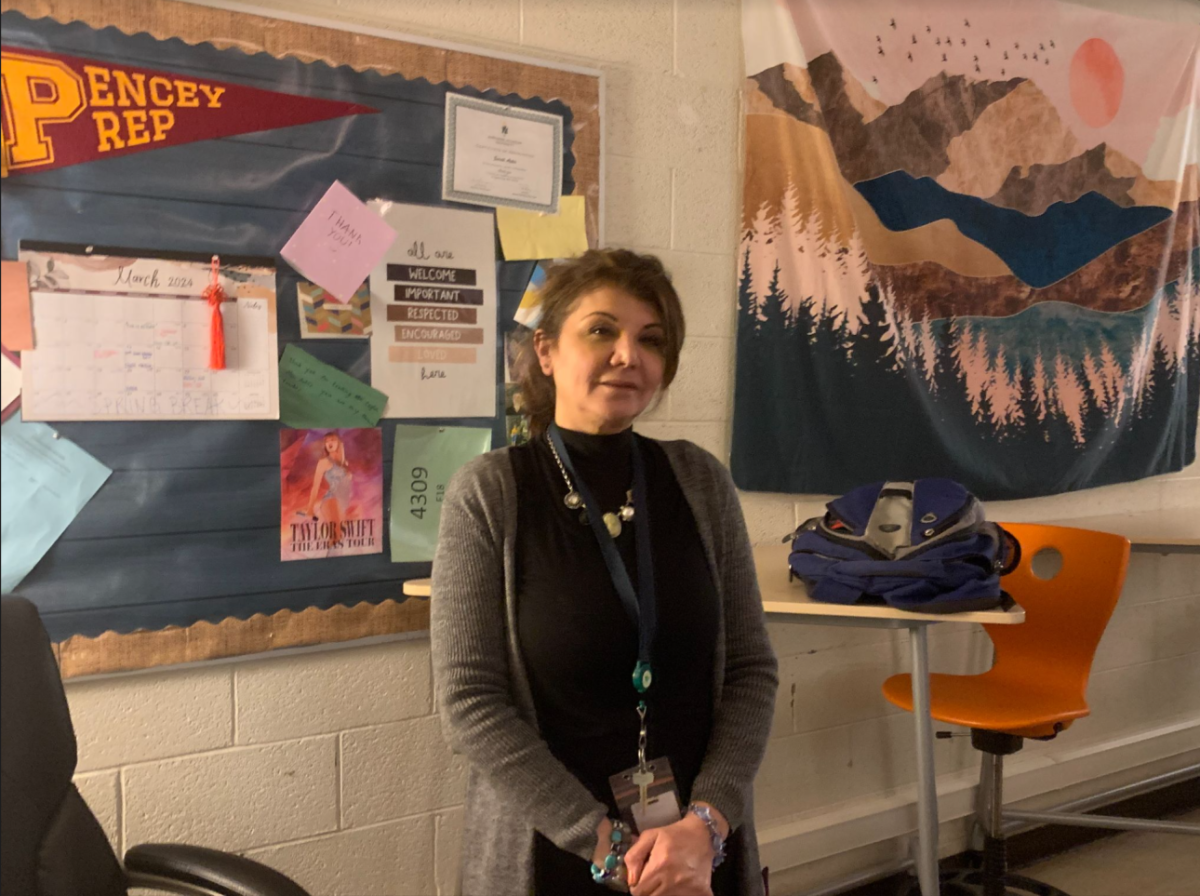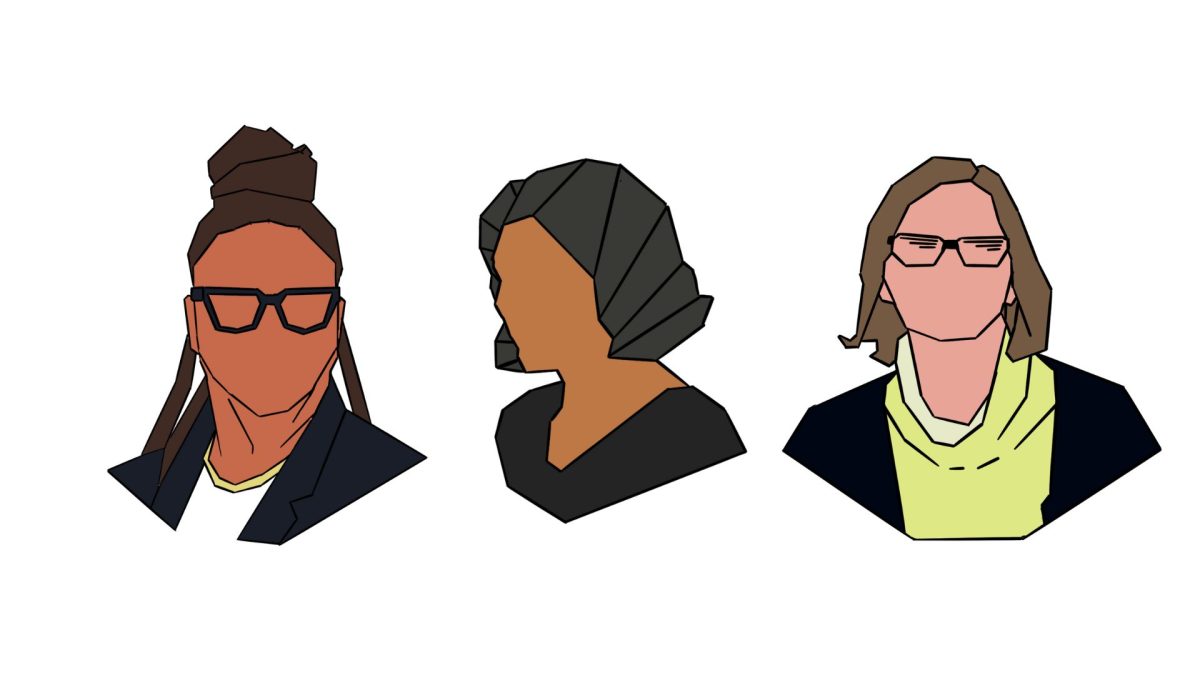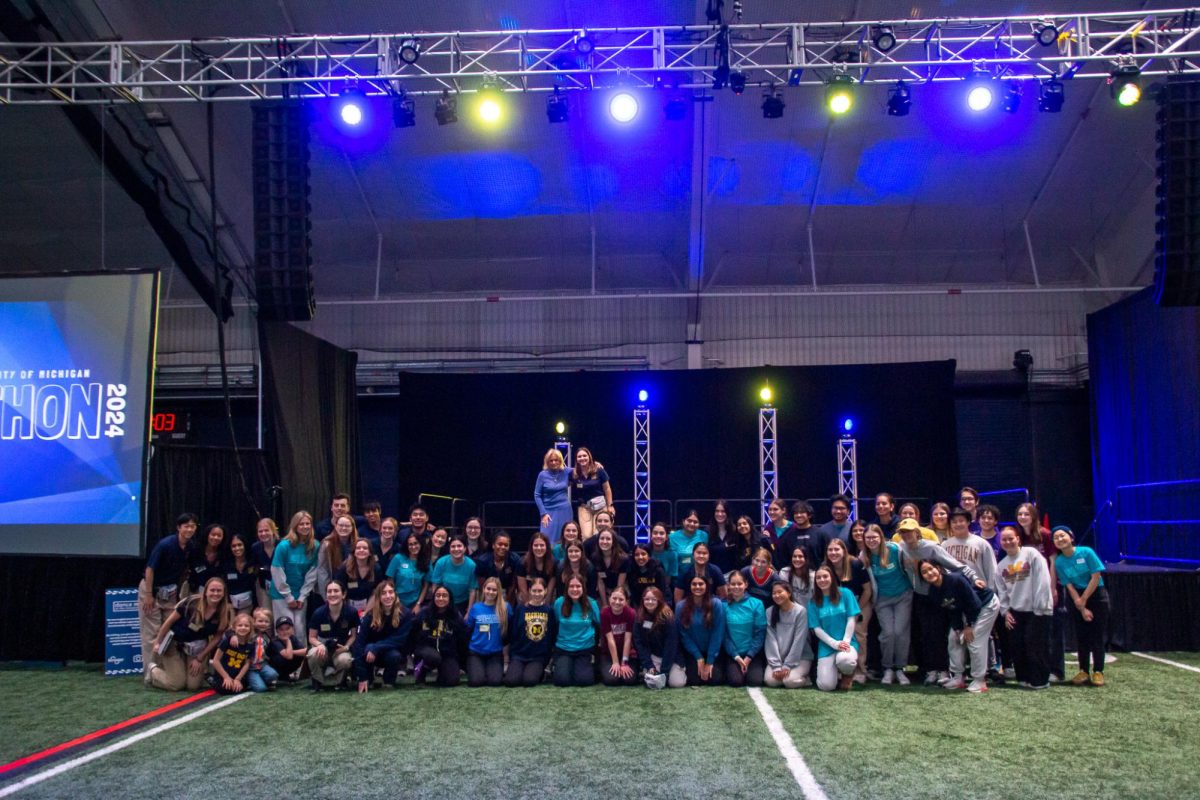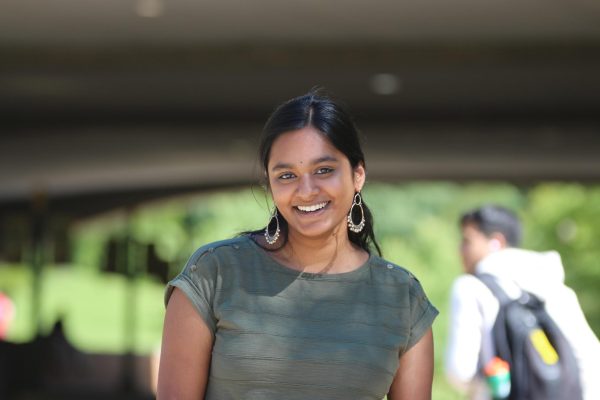Part 1
Pharmacist and phlebotomist Shantana Harvey was busy at work one day earlier this year. A woman walked up to the pharmacy counter, looking for assistance. Harvey offered to help, and the woman said, “Can someone else help me?”
“Excuse me?” Harvey responded.
“I would like someone else to help me because you look like you have an attitude,” the other woman said.
Her coworker walked over to help her with her question, and the lady walked away.
“Wow,” Harvey’s coworker said to her, “That was rude.”
Harvey’s eyes welled up with tears, and she walked away from the counter to gather herself.
“I stood there in disbelief for a few minutes because I was being judged before I could even offer assistance,” Harvey said, reflecting on that moment.
The woman didn’t know Harvey. She didn’t even know her name, but she made an assumption about Harvey, a Black woman. It brought Harvey to tears. Harvey felt even worse because the other woman was Black too.
“I have to push my feelings to the side, I have to push my feelings to the back,” she said. “You go in your car and you go home and you cry, because you’ve been treated like this still, in this time. I thought the world was past racism and gender roles and all of that, but it’s not. They’re not.”
Harvey is a single mom of two, and she moved from Nevada to Michigan a year and a half ago. Being a Black woman also comes with additional challenges thrown into the mix, like balancing “fitting-in” with being yourself.
“I want to stay true to myself,” Harvey said. “But I also want to somewhat fit in with the environment that I’m in. I’m already Black and already a woman—I don’t want to be looked at as the oddball. And that’s somewhat difficult. Either I’m fitting in to what they’re doing, or I’m trying to be myself, and there’s a conflict there.”
She believes she gets looked at differently because of the color of her skin.
“It’s hurtful. I feel like we all [should be] afforded the same opportunities,” Harvey said. “We should be able to work wherever we will, and drive whatever we want and live in the area that we want.”
“People haven’t matured out of that place in their mind that ‘Black people sit over here, and white people sit over here,’” Harvey said. “It’s a way of life right now. It’s sad because the older generations are passing it down to the younger generations, instead of trying to make amends. It’s ‘No, you don’t talk to them,’ or ‘No, you don’t play with them because they’re Black.’ So it’s never going to truly get better if parents are passing it down to their children.”
Part 2
Another impactful part of Harvey’s life has been dealing with food insecurity. Being a single mom, it has been challenging to pay for everything, including food.
“Some days are better than others,” Harvey said. “We’ve always had food, but we weren’t always sure we would. And then being a single mom, it’s just difficult. You’ve got to feed two kids by yourself on your only income.”
Food insecurity is defined by the USDA as “limited or uncertain availability of nutritionally adequate and safe foods, or limited or uncertain ability to acquire acceptable foods in socially acceptable ways.” According to Feeding America, over 44 million people struggle with food insecurity in the U.S., and more than 1.1 million people are food insecure in Michigan.
When someone is not within a certain wage bracket, they don’t necessarily qualify for state benefits. When Harvey first moved to Michigan, she wasn’t working, and she met the requirements. Because of that, she was able to buy food, but she wasn’t able to pay for anything else. When she started working, though, she stopped qualifying for government support.
“That makes it a little bit more difficult because even though you’re working, sometimes ends don’t always meet, so you still [have to] figure it out,” Harvey said. “It’s kind of like a catch-22 because you’re like, ‘Well, I’m working on paying my bills, and I don’t have enough for food, so I need help.’ But they don’t see it that way. They say, ‘You’re making money, you should be able to buy food, and that’s it.’ So it’s a struggle.”
Julia Martin, also a single mother, has faced food insecurity throughout her whole life as well. She used to be a nurse, but developed hidradenitis disease and injured her leg in a car accident, so she’s been a stay-at-home mom for many years now. It has been difficult to always have access to healthy, nutritious food.
Michigan.gov says, “Eligibility for food assistance depends on the financial situation of all members of the household group. All persons who live together and purchase and prepare food together are considered to be members of the same food assistance group.” There are many different types of food assistance the state can provide, including food products, plants and seeds to grow food, cooked meals made by other people, and food served in shelters. But that doesn’t fix everything.
“Sometimes we don’t have a lot of money to go around like that,” Martin said. “Going to these food banks, they can be kind of dangerous. The government likes to put low income people in certain areas. And those areas can be very dangerous.”
Being low-income affects Martin’s whole life, particularly when it comes to her kids. She is a self-proclaimed “go-getter.” But situations aren’t always straightforward.
“I’m just not going to get out and do it if I don’t feel safe,” she said. “And so sometimes that might affect if my kids get that or not. We have to just live off of what we got.”
Part 3
For Harvey, things have been a little bit better in Michigan than they were in Nevada.
“Bills are gonna always be bills, but right now they’re a little bit more manageable than what they were in Nevada,” Harvey said. “So it kind of makes it a little bit easier, but [difficulties are] still there.”
There are different places that Harvey and Martin can go to for support.
Martin finds a place of comfort in her church. She joined through a single mom program they had started, and she stayed with the church.
“With everything I’ve been through,” she said, “I don’t really like to put a lot of trust into people. So for me, my support system is God.”
Harvey also feels grounded through religion. She gets up in the morning, says her prayers, prepares herself for the day and wakes up her children before going to work.
“You just deal with it the best way you can,” she said. “Some days you cry about things, some days, you can find the good in [things].”
She is also starting to learn how to budget.
“There’s still insecurities there but it’s helping to not be so overwhelmed about it,” Harvey said. “So I look at the good in it, and not only the bad.”
Harvey’s hope is that her children have better experiences as they grow up into the world.
“I really hope that one day, [we] as diverse people will be treated equally,” she said. “I hope that one day [my kids] won’t have to worry about the color of their skin being the issue as to why they don’t get this job, or why they can’t live in this neighborhood. I don’t want them to be harassed by the police. I don’t want them to be ashamed to go places because they don’t fit in. I don’t want my daughter to feel like she has to straighten her hair to fit in with the white girls at school. I want them to be treated equally. That’s really all I want.”









